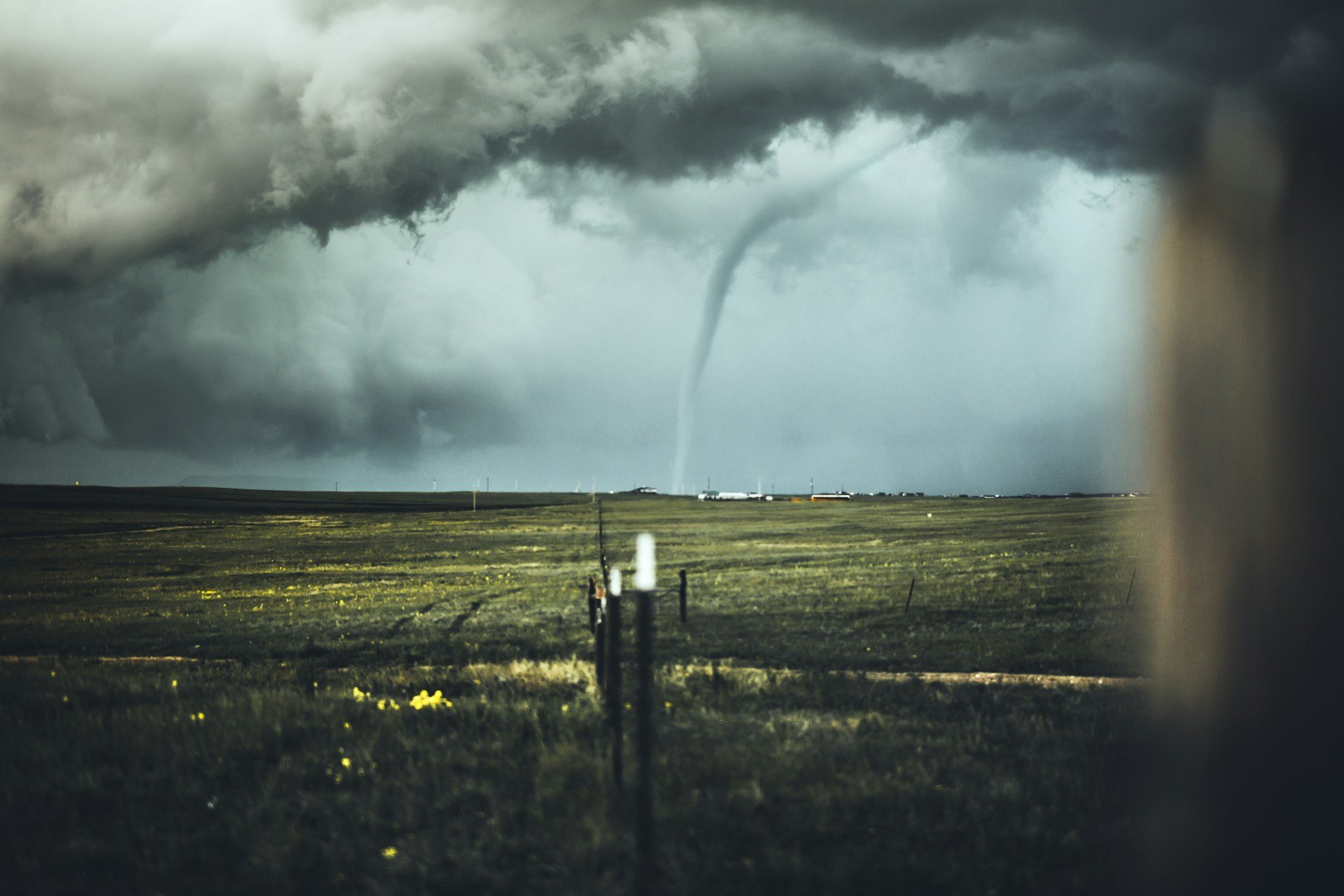
14 Great Writers’ Conferences Spring-Summer 2024
Looking to improve your craft? Learn about publishing? Pitch to agents and editors? Hang out with fellow writers? Get some writing inspiration? Think about attending a writer’s conference.
Conferences exist all over the country (and abroad). Some are smaller, regional conferences. Some are large and draw people from all over the U.S. Some are geared toward specific genres. There’s no one perfect conference; the right one for you at this time depends on a variety of factors:

10 Essential Websites for Writers
Obviously, ten websites out of the thousands out there covering every aspect of writing is, well, the proverbial drop in the bucket. Maybe a molecule of the drop in the bucket. But below are a few I often direct writers to, or ones I enjoy myself.

How to Nail Your Story Premise (and Why it’s Important)
What is your story about?
When someone asks you that question, what do you say?
Often we don’t think consciously about this. We sort of know what our novel is about, but when someone asks, we fumble around.

Feeling Stuck in Your Story? Embrace the Power of Ideation
All writers know the feeling (I had it this morning). You get to the end of the scene you planned, and then...
What?
You don’t know.
What are your characters supposed to do now? What should happen next?

Money, Impact, or Expression: What Motivates You to Write?
Lately I’ve seen so many writers on social media fretting about sales, wondering when they’ll be able to write full time and make a living from it. They may have written one book, or several, but they seem tormented by the fact that they aren’t seeing “success” like they envisioned.
This mostly is true of indie writers, but a fair number of trad-pubbed or wanna-be trad-pubbed writers seem to think that earning a full time living from your writing is a norm, or at least a strong possibliity.
Let’s have a reality check for a moment: earning a living as a full-time writer has always been rare. Even more so if you write fiction (I’m really talking about book writers here, not freelance writers).
That’s not a bad thing, in my view.

Stay on the Bus: Patience in the Creative Process
I’ve been reading (and loving) Oliver Burkeman’s Four Thousand Weeks: Time Management for Mortals. A lot of what he talks about could be applied to the creative life, beginning with the fact that we do, in fact, have about 4,000 weeks total to live our lives. When you put it that way, it doesn’t seem like very many, does it? So the crucial thing is to do what’s most meaningtful to you now. Don’t wait for some mythical time in the future when you will “have enough time” or have your life completely sorted, or know exactly what you want to do.

Showing Character Emotion: The Secret Weapon to Engage Readers
Last week I wrote about 5 Ways to Punch Up Your Prose. Those are things to keep in mind to make your fiction more engaging, like varying sentence structure, using strong verbs, describing with vivid details, and so on. Today I want to focus on something that is a next-level area to keep in mind: showing emotion on the page.

5 Ways to Punch Up Your Prose
Sometimes it pays to go back to the basics. In today’s post I want to tackle five areas to work on that can really help your writing pop on the page. Whether seasoned or just beginning as a writer, these are things to keep in mind that will take your work from “okay” to “engrossing.”

Everything You Need to Know About Writing the Dreaded Synopsis
Why do I call it “the dreaded Synopsis?” Because for many writers, it’s more of a chore than writing the whole damn book. People generally hate writing them, but with the practice you’ve had writing the logline and the mini-synopsis for the query letter, this should feel easier. Right?
Not necessarily.

How to Write a Killer Query Letter
Querying a book is both a lot simpler and a lot harder than it may appear. Simple, because there are very specific things you need to include, and there is a very simple outline you can follow to make sure those elements are present. Hard, because holy cow – creating a compelling short synopsis of your book in one or two paragraphs is a major challenge!

How to Create Compelling Pitches and Loglines
When a tornado spirits a girl away to a fantastic land, she must retrieve a broom belonging to a wicked witch in order to learn to secret to returning home again.
An archeologist must battle Nazis to retrieve the Ark of the Covenant before Hitler can use it to achieve world domination.
A boy journeys through a strange land in his dreams and learns to befriend the monsters there before he can appreciate his home and family.
Any of those sound familiar? These are all examples of loglines of famous stories.

How to Find the Best Agent for Your Book (and Survive the Process)
If one of your New Year’s goals was to send your book out to agents, I’ve got you covered this month! It occurred to me that it’s been a while since I discussed the submission process in depth, so this month I’m going to review:
Agent research and how to organize your submission process
Writing pitches and loglines
Writing your query
Writing your synopsis

Supporting Character Archetypes – What They Are and When to Use Them
What is an archetype? An archetype is, simply, a pattern or model that exemplifies the main characteristics and functions of a particular thing - in our case, the supporting characters in a novel.
Archtypes in literature are patterns that have been built up over centuries - even millenia - of human storytelling. Readers respond to them because they instinctively understand them. They can be powerful patterns for any type of character, including the main hero/ine and villain/antagonist, but today I specifically want to talk about how using them as a model can help writers create stronger, more resonant secondary characters.

Choosing the Best Publishing Path for You in 2024 Part II: Hybrid and Self-Publishing
Last week I focused on traditional publishing with the “Big 5” or independent presses, as well as 10 questions to ask yourself when you’re considering what paths to take. If you missed it, you can find it here.
This week, I want to focus on the more “indie” side of the continuum: Hybrid, and Self-Publishing.

Choosing the Best Publishing Path for You in 2024 Part I: Traditional Publishing
I recently returned from giving a couple of seminars for the Lesley MFA program at their January residency. In my seminar on choosing a publishing path, I always say two things:
One, if your dream is to be traditionally published, go for it. Two, there is a lot of overlap between “traditional and indie” - it’s more of a spectrum – and what path you choose may depend on several factors, including where you are in your career, and whether this particular book can find its best home with a major publisher, a small independent press, or through self-publishing.

12 Steps to Return to a Long-Neglected Writing Project
Last summer I finished a draft of a middle-grade (MG) novel, and sent it out to a few beta readers – people I trust to give good feedback. They delivered, and I did a cursory read-through of their comments. Before I could do a thorough read-through, or start revision in earnest, I decided to move to a different state.

How to Make New Year’s Writing Resolutions Stick
I’ve been seeing a lot of posts on Threads, Instagram, and other sites with lots of writers celebrating their accomplishments from last year, and setting out their goals for 2024. This is awesome – we should all celebrate any milestones we achieve! And setting concrete goals for our writing makes it much more likely that we’ll hit them.

A Kinder, Simpler Planning Process for the New Year
Is anyone else feeling post-holiday fatigue? I know I am. By this time, I’m usually focused on setting goals for the New Year. I have my planner, and clear descriptions of goals in different areas of my life – including writing, of course!
This year, not so much. This year, instead of planning a million things, I’m going to simplify.

Is Your Manuscript Ready to Pitch (or Publish)?
Many writers set the goal to be finished with a manuscript by the end of the year. Thousands of others completed a draft for NaNoWriMo (and are now recovering).
But – How do you know when your manuscript is really ready to send out into the world?

My Annual List of Gifts for Writers, 2023 Edition
It’s that time of year again, where we get to delve into unique, fun gifts for writer friends (or ourselves – we need treats too!). Here’s a little inspiration for your gift list – or your wish list!
